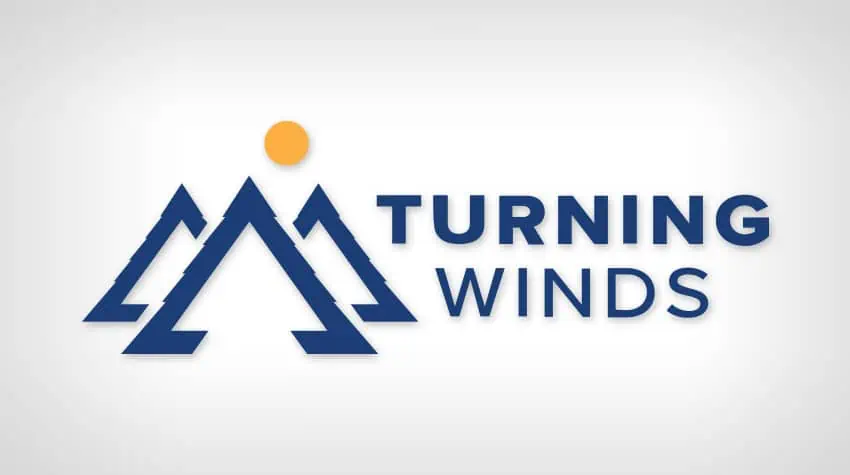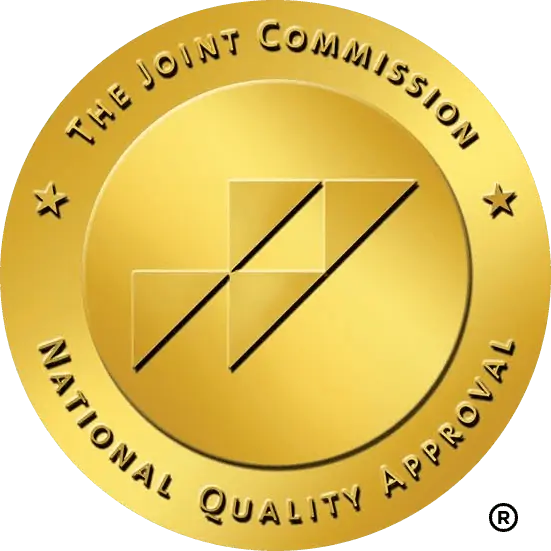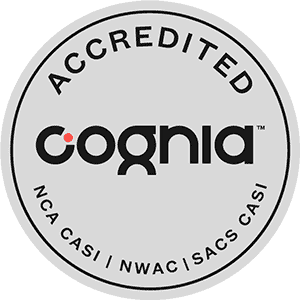Nearby Spaces
While there are so many activities to do on our 150-acre campus, we expand horizons and get out in the world. We regularly find ways to keep kids engaged and find ways to see the world as something more than a screen. We take advantage of everything Montana has to


